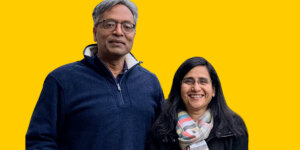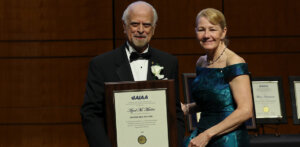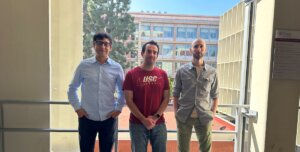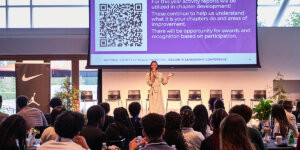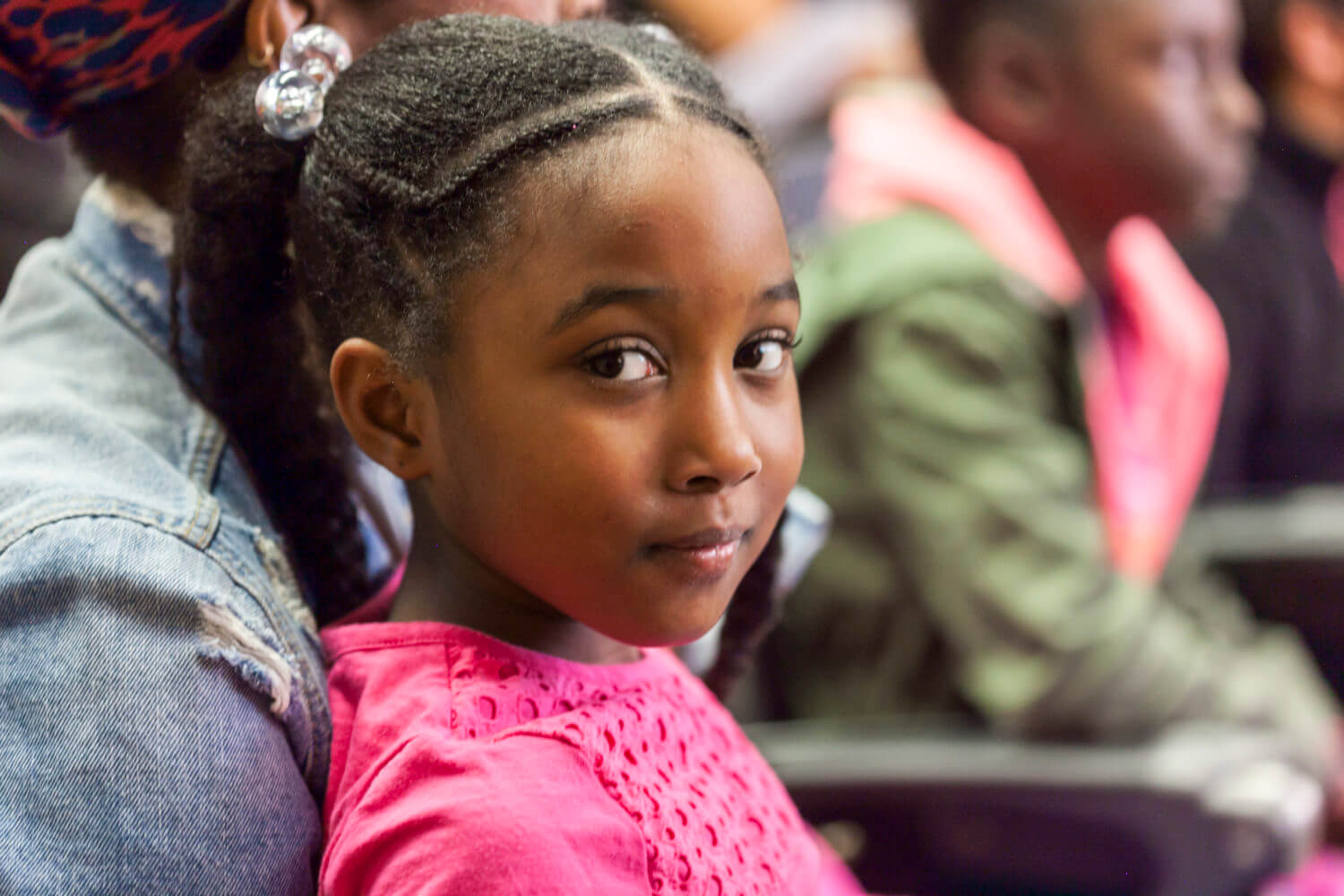
Young women from the LA area came together to learn about women in STEM
Credit: Leslie Rodriguez
On the morning of Saturday, December 2nd, USC hosted a panel with Black Girls CODE, an organization geared to inspire young women of color with hopes of working in the STEM field. The audience consisted of middle school girls and their parents, who participated in hands-on learning projects led by USC NSBE students following the panel.
The panel was led by Michelle Flowers Taylor, director of the USC Viterbi School of Engineering’s Institute of Engineering Community and Cultural Competence, IEC3.
The event showcased four accomplished women in STEM: Stacey Finley, Gordon S. Marshall Early Career Chair and assistant professor of biomedical engineering and chemical engineering and materials science; Shana Douglass, president of USC’s chapter of the National Society of Black Engineers; Khali Cannad, a systems engineer at Northrup Grumman; and Jasmine Berry, a Ph.D. student specializing in brain theory in USC Viterbi’s Department of Computer Science.
Being at different stages of their careers, the women each gave unique perspectives on how to achieve success in the field. “It is important for young girls to see their future “possible self” in women who they can relate to, and this panel helped to give these girls a powerful view of what’s possible for them to achieve in engineering and computer science, both academically and professionally,” stated Taylor.
They shared insights about what inspired them to pursue careers in STEM, though women remain underrepresented in the science and engineering workforce, with the greatest disparities occurring in engineering, computer science, and the physical sciences.
“I’ve always liked space, that’s why I became an aerospace engineer,” said Cannad, who has spearheaded satellite operations and software development for a variety of high level defense and space projects.
Cannad’s journey started at an engineering and science magnet school in Philadelphia.
“My parents always pushed me,” she said. “My dad told me that I could do whatever I wanted to because I was smart.”
Similarly, Finley emphasized the validation and encouragement she received at a young age from her parents and teachers.
“I talked to people about career opportunities where I could combine math, chemistry, and physics. That’s how I came to engineering. If I was good in something, people encouraged me to keep pursuing it,” Finley said.
Ph.D. student Jasmine Berry revealed how early in life she followed her passions into a singular direction.
“I was always looking into how things worked and how they ticked,” she told the audience. Berry is now working to figure out how different parts of the brain interact with each other.
“I then translate those theories into a computational system,” she said.
Unlike Berry, Shana Douglass admitted that science and math were not her deepest passions growing up – although she did possess both a technical and a creative mind.
“I went to a performing arts school,” Douglass said. “I was a child actress in the theater. My dad said you should consider technical theater.”
“You can carve out your education and the job that fits you,” she said. “If you like the arts, but you happen to be good at math or science, you don’t have to choose one over the other. You can find that balance, and it makes you stand out.”
The women were also candid about the road blocks they faced.
“At Purdue, I was the only black person in the aerospace engineering department,” Cannad said. “Some people looked at me like I shouldn’t have been there.”
Douglass reiterated the importance of pursuing a STEM career emphasizing the resources available and the growing number of organizations for women from underrepresented communities.
“Being a part of the National Society of Black Engineers, I am doing this for a cause and changing a stereotype,” she said. “Graduating as a black female engineer changes the numbers and stereotypes about what black females and black people can do.”
Published on January 12th, 2018
Last updated on January 12th, 2018




